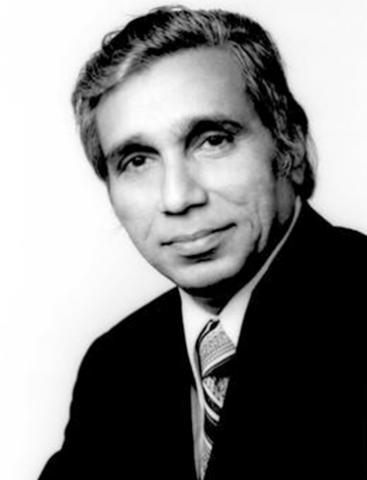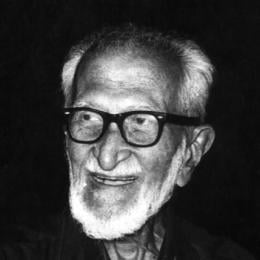The Einstein of structural engineering
Fazlur Rahman Khan (03 April 1929 - 27 March 1982)
Bangladesh, United States

Fazlur Rahman Khan (3 April 1929 – 27 March 1982) was a Bangladeshi-American structural engineer and architect who invented the tube principle, which formed the basis for modern skyscraper design. He proposed that instead of designing structures around a solid core, the perimeter walls of high-rise buildings should resemble a thin hollow cylinder. His design enabled towers to withstand forces such as strong winds or earthquake vibrations and also significantly reduced construction costs and environmental impacts. Khan was also a pioneer in computer-aided design (CAD), in which computers are used to create, modify, analyse and optimize a design. Khan designed Chicago’s Sears Tower, since renamed Willis Tower, the tallest building in the world from 1974 to 1998 and the 100-story John Hancock Center. For his innovative contributions to modern skyscraper design, Khan is known as the Einstein of structural engineering.






